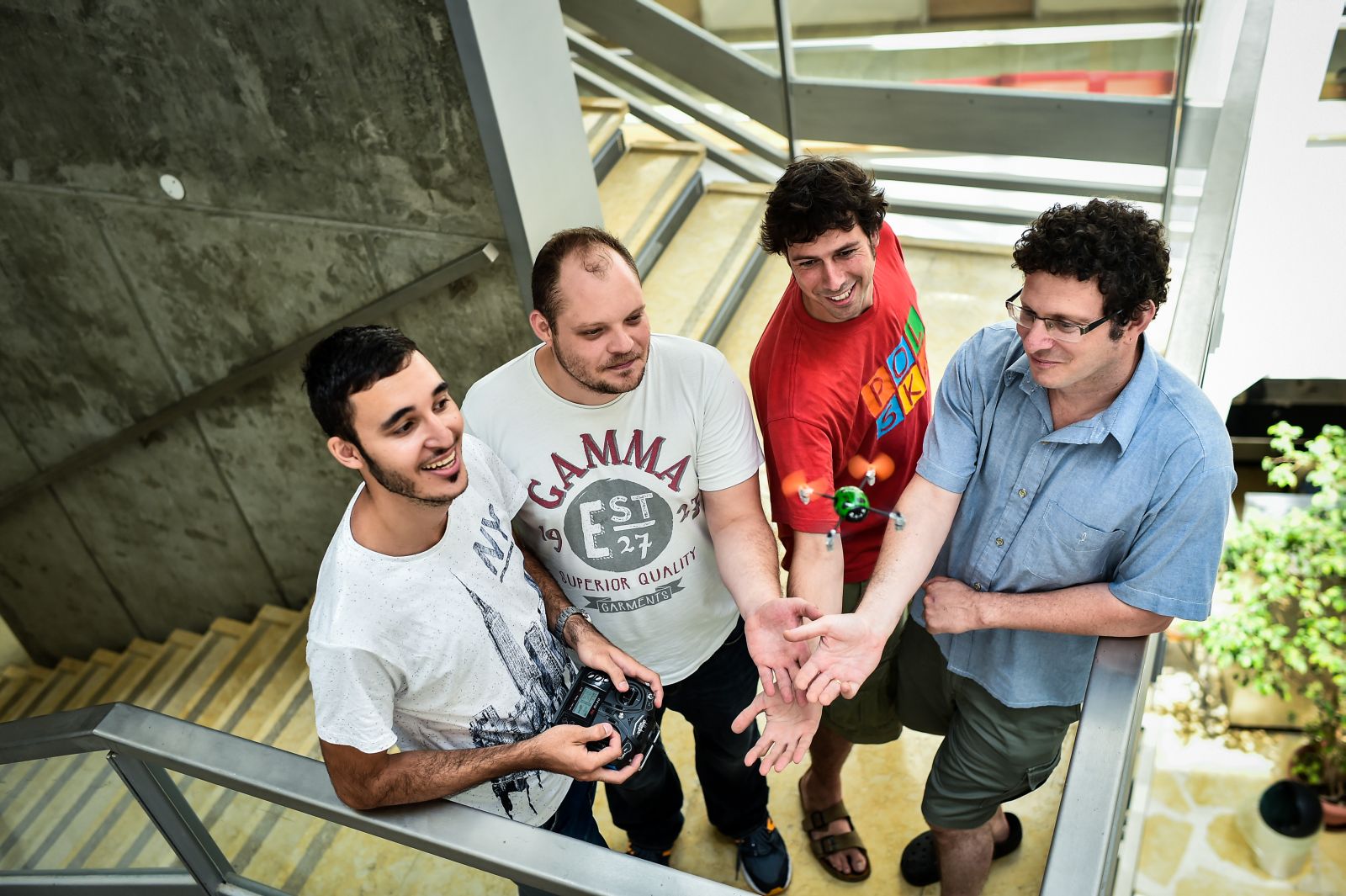Computational processing is becoming more powerful and more affordable
In a world where technological progress generates massive amounts of digital data, leaner, faster and more affordable solutions are needed to help sort and analyze information in real-time. At the University of Haifa, Dr. Dan Feldman and his research students are using coresets (data reduction algorithms) to support better business intelligence and optimize the performance of simple robots for improved customer service and increased cost-savings.
‘Big Data’ describes the volumes of data sets streaming from all aspects of our lives in unprecedented amounts, collected from posts on social networks, readings from sensory technologies, digital pictures and videos, to GPS signals from mobile phones and other data sources estimated at 2,500,000,000,000,000,000 a day! Commonly used software tools are incapable of processing all this information in real-time.
Dan Feldman, Assistant Professor at the Computer Science Department, is introducing a new approach to solving ‘big data’ problems plaguing the IT industry. “I hope to bridge the gap between mathematical theory and engineering applications,” explains Feldman. “Coresets are a new paradigm that can help us process more accurate results of bigger and more complex datasets faster than ever. Unlike compression technique (like ZIP or MP4), coresets is a problem dependent data reduction technique that allows us to solve the problem faster by order of magnitude. With smaller datasets, running times are improved while only marginally compromising the original data.”
Prof. Dan Feldman (right), a leading expert in the field of scalable data reduction, with his students. Prof. Feldman arrived to the University in 2014 to set up the Robotics and Big Data (RBD) Laboratory, after completing a post-doctoral fellowship at MIT and Caltech. The Lab serves a large number of undergraduate and graduate students. RBD Lab Student Spotlight 
Feldman and his students are using coresets (as a statistical computation tool) to solve fundamental problems emerging in Big Data that affect machine learning performance through robotic projects at the Robotics and Big Data (RBD) Lab. One of these projects involves autonomous navigation of ordinary toy drones using low-cost (but very safe) ‘simple’ hardware with strong novel algorithms [more on next page]. Other projects include the development of gesture control armbands – the future of wearable technology and human-computer interaction that lets you control technology (like your phone, computer, and even industrial machines) hands-free using only gestures and motion. The group has also recently begun to apply coresets in determining differential privacy in solving cloud computation security challenges. “The idea is to extract statistical data from large datasets while preserving the privacy and anonymity of its users – we refer to it as private coresets or sanitized database,” relates Feldman.
According to Feldman, “The main breakthrough in this field is that we now have a general framework corset for any number of processing challenges. My goal is to bring this to the attention of engineers, analysts and data scientists so that they may apply them to their research or in solving complex business problems.”
Read more about students conducting their resarch at the RBD Lab here.


